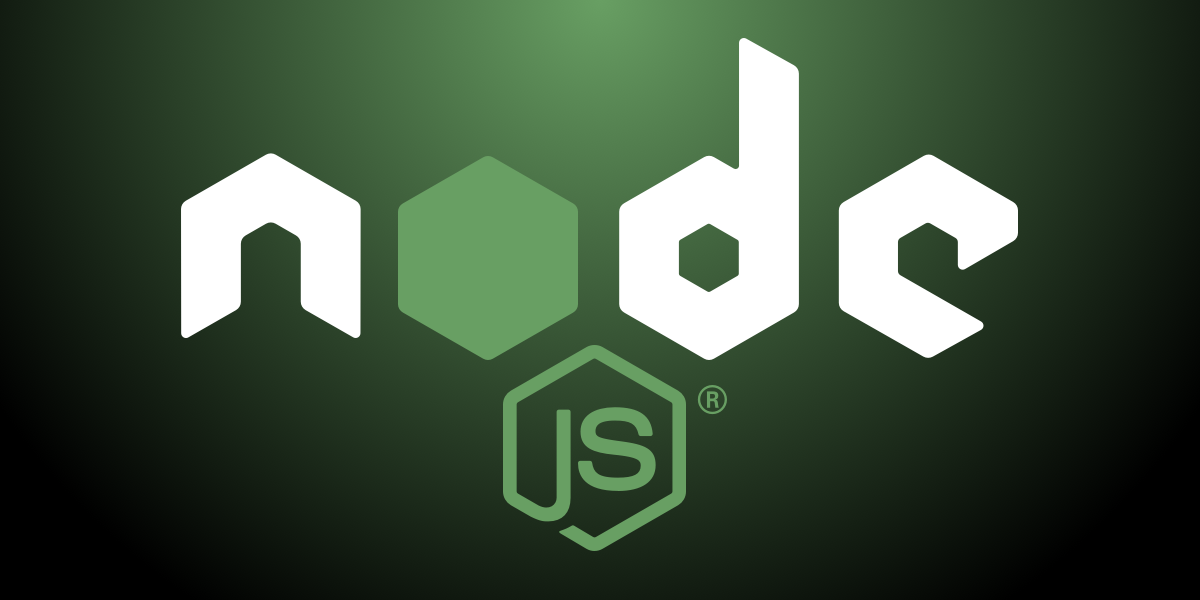What is the Introduction of Node.js Modules?
In the ever-evolving realm of web development, Node.js has emerged as a powerhouse, revolutionizing how we build server-side applications. One of the key features that make Node.js a favorite among developers is its module system. In this comprehensive guide, we’ll delve into the introduction of Node.js modules, understanding their importance, practical applications, and how they can enhance your development experience.
So, what exactly are Node.js modules, and why should you care about them? Let’s explore this topic in detail.
Understanding Node.js Modules
Unveiling the Basics
Node.js modules are essentially reusable pieces of code that encapsulate functionality. They allow developers to organize and structure their codebase in a modular fashion, promoting maintainability and reusability.
The Core Module
At the heart of Node.js, you’ll find the Core Module—a set of built-in modules that provide fundamental functionalities. These modules cover a wide range of tasks, from file operations to networking, and they serve as the building blocks for creating more complex applications.
CommonJS Modules
Node.js follows the CommonJS module system, which standardizes how modules are created, imported, and used within the Node.js environment. This system makes it easy to manage dependencies and ensures that each module remains isolated.
Creating a Module
To create a module in Node.js, you simply encapsulate a piece of code within a file. This file can then be imported and used in other parts of your application, promoting code organization and reusability.
Importing Modules
To use a module, you employ the require function. This function allows you to load the module into your script, making its functionality accessible.
NPM: The Package Manager
NPM (Node Package Manager) is a vital component of Node.js development. It provides access to a vast repository of open-source packages and modules, making it effortless to integrate third-party code into your projects.
Installing Packages
With a straightforward command, you can install packages from the NPM registry, extending your project’s capabilities effortlessly.
Advantages of Node.js Modules
Now that we’ve grasped the basics, let’s delve into why Node.js modules are indispensable for modern web development.
Enhanced Reusability
Node.js modules promote code reuse, saving time and effort in development. When you create a module for a specific functionality, you can employ it in multiple projects, fostering consistency and reducing redundancy.
Improved Maintainability
The modular structure facilitated by Node.js modules simplifies code maintenance. Updates or changes to a particular module won’t disrupt the entire codebase, ensuring smoother development workflows.
Dependency Management
Managing dependencies becomes a breeze with Node.js modules. You can clearly define and track which modules your project relies on, ensuring seamless collaboration and version control.
Scalability
As your project grows, Node.js modules enable you to scale efficiently. You can add or replace modules without affecting the entire application, facilitating agile development.
Practical Applications of Node.js Modules
Node.js modules find extensive use in various scenarios. Here are a few practical applications:
Web Servers
Node.js modules are instrumental in creating web servers. You can use modules like http to develop powerful, high-performance server applications.
File Operations
Performing file operations is a common task in web development. Modules like fs (File System) simplify reading and writing files, making Node.js a valuable tool for handling file-related tasks.
Networking
Node.js excels in networking applications, thanks to modules such as net and http. These modules enable you to build efficient network-based solutions.
FAQs
How do I create a custom Node.js module?
Creating a custom Node.js module involves defining your functionality in a separate file and exporting it using the module.exports or exports object. Once exported, you can import and use the module in other parts of your application.
Can I use Node.js modules in the browser?
Node.js modules are designed for server-side applications. However, tools like Webpack and Babel allow you to use them in the browser by transpiling the code into a format compatible with web environments.
What is the difference between a module and a package in Node.js?
A module is a single file containing code that encapsulates a specific functionality. A package, on the other hand, is a collection of modules bundled together, often with additional metadata and dependencies. Packages are typically distributed via NPM.
Are Node.js modules only for JavaScript?
While Node.js is primarily associated with JavaScript, you can use modules written in other languages through native addons or by executing external scripts.
How can I ensure my Node.js modules are secure?
To enhance the security of your Node.js modules, keep them updated, follow best practices for module development, and regularly audit your project for vulnerabilities using tools like Node Security Platform.
Can I publish my own Node.js modules on NPM?
Yes, you can publish your own Node.js modules on NPM. Simply create a package.json file for your module, register an account on the NPM website, and use the npm publish command to make your module available to the community.
Conclusion
In conclusion, Node.js modules are the building blocks of efficient and scalable web development. Understanding their significance and leveraging their power can take your projects to new heights. Whether you’re a seasoned developer or just embarking on your coding journey, Node.js modules are a valuable tool in your toolkit.
So, next time you find yourself asking, “What is the introduction of Node.js modules?” remember that they are the key to organized, reusable, and maintainable code, making your development journey smoother and more productive.
Thank you for exploring the world of Node.js modules with us.
READ MORE: What are the Best Software Development Services in India?





